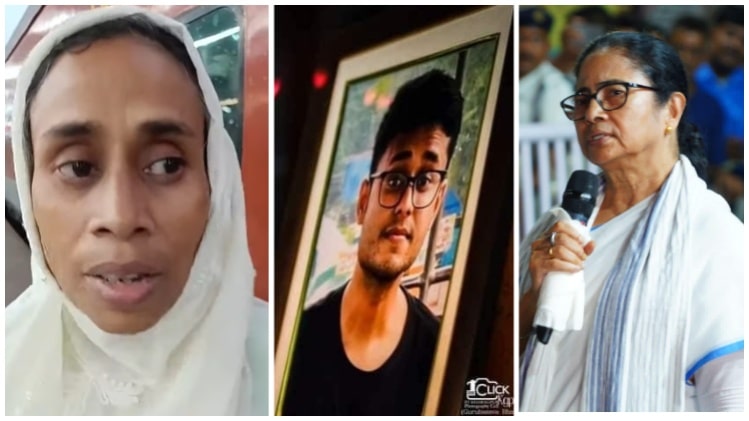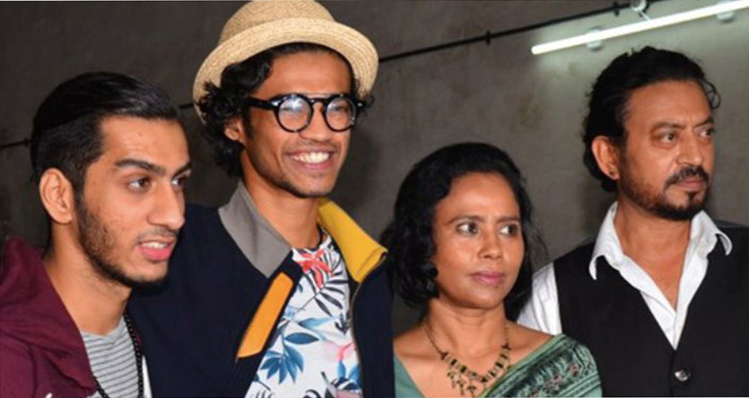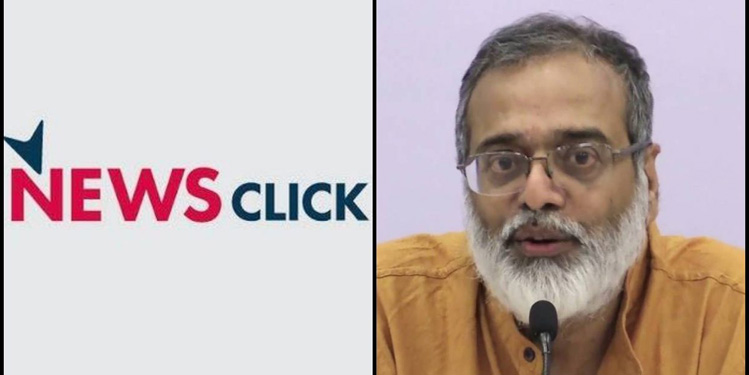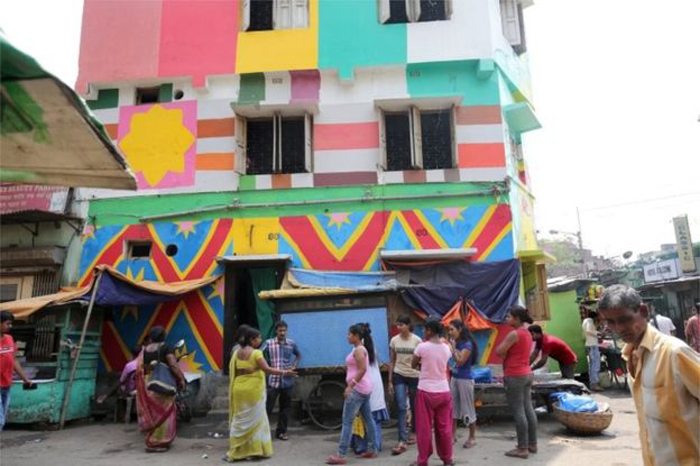“If NRC get implemented, LGBT community people will have to commit suicide”
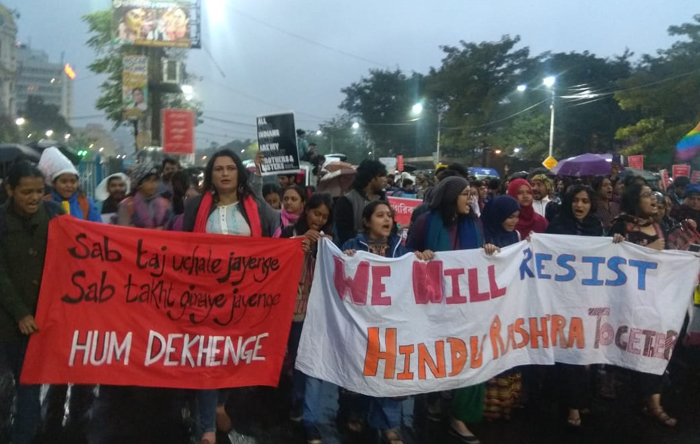
Kolkata: So far India has witness protest against Citizenship Amendment Act (CAA) and National Register of Citizens (NRC) from many different groups and communities including students, intellectuals, artists, writers but Lesbian Gay Bisexual Transgender Queer and Intersex (LGBTQI) community people have expressed grave concern about the act. The LGBTQI community people believe that if the controversial law get implemented.
The community people held a protest march in Kolkata on the occasion of the birth anniversary of Savitribai Phule, an educationist and social reformer.
Equipped with banners and umbrellas, the participants were seen enthusiastically raising anti-CAA, anti-NRC, anti-NPR, anti-Modi, anti-Shah, anti-BJP slogans during the rally, almost at a time when India’s Home Minister, Amit Shah, during a rally in support of CAA in Jodhpur, declared that “BJP wouldn’t move an inch to revoke CAA”.
Speaking to eNewsroom, Ratnaboli Ray of Anjali, a Kolkata-base mental health right organisation said, “Why should the onus be on us to prove our citizenship?” She then added, “Also, we are required to show our legacy to prove our citizenship, but the marginalised people (sex workers, trafficked women, women with psycho-social disability, women who are landless, trans women, trans men and queers), who are participating in this rally today, do not have any families or papers to prove our family lineage.”
Adding to that Poushali Basak, one of the organisers of the rally said, “Women and transgenders in India are already treated as second class and third-class citizens. They are already deprived of many rights. Thus, with the implementation of CAA, a law that legitimises the granting of citizenship on the basis of one’s religion might make it even more difficult for women, queers and trans.”
“To be honest, it’s not just the rights of the Muslim women that are at stake but of also transgenders. Look at the Transgender Act, which has been passed in 2019, it instead of strengthening the rights of the community, has sections which make it difficult for the entire queer community,” she added.
When asked to elaborate on the real reason behind the queer community coming out to extend their solidarity with the anti-NRC movement, Soham, said, “NRC, NPR, CAA or whatever you say, is anti-queer. In Assam, we have seen a huge number of people belonging to the queer community not being able to make it to the final NRC list. You, see in most of the cases, for people belonging to the transgender community don’t have any legal document to prove their identity, given the fact that most of them are either disowned by their parents or have to move out of their homes. Hence, they don’t have any legacy documents to claim their citizenship. This is a very valid point to protest against this law which has failed to be sensitive towards the community.”
Battakrishna Dutta, a gay who lives with his boyfriend near Howrah said that on one side the society doesn’t accept section 377 and on the other side the Modi government is not doing anything for the uplift of our community.
“People still find it difficult to accept us. After lots of struggle I managed a rented apartment in Howrah where I stay with my boyfriend. Modi government is not doing anything for us but on the contrary putting us in the threshold by bringing in CAA. We urge everyone in the state not to cooperate with BJP workers and ministers when they want to check paper,” mentioned Dutta.
Ramakanta Sadhukhan stated that mostly transgender people have to abandon their ancestral house due to the taboo around the community and by implementing NRC they will either have to commit suicide and those can afford will have to leave the country.
“The trans and queer narrative is very important around CAA-NRC-NPR because a large number of trans folks run away from their houses and take refuge in different parts of the country. So, most of us don’t have the documents that will be asked to show to prove our citizenship. Then the queer folks who don’t get acceptance will also be similarly affected by this arbitrary law. We will be left with no other option but to commit suicide,” rued Sadhukhan.
Rosina Begun urged the BJP run central government to end the lockdown situation in Kashmir before NRC and CAA.
“The situation in Kashmir is grim due to the lockdown situation. Modi should end the emergency in Kashmir before holding sessions and workshops on NRC. This government doesn’t work for the people who voted them to power but works against them. Everyone should come up and protest so that the saffron camp starts working for the benefit of the people,” said Roshina.
Talking about how the march will benefit their cause, Roshina said, “There are so many protests happening against CAA and NRC across the country but when people from LGBTQI community come together to rally, it will make a larger noise and impact and together we will force BJP government to scrap their devilish policies including transact 2019.”


